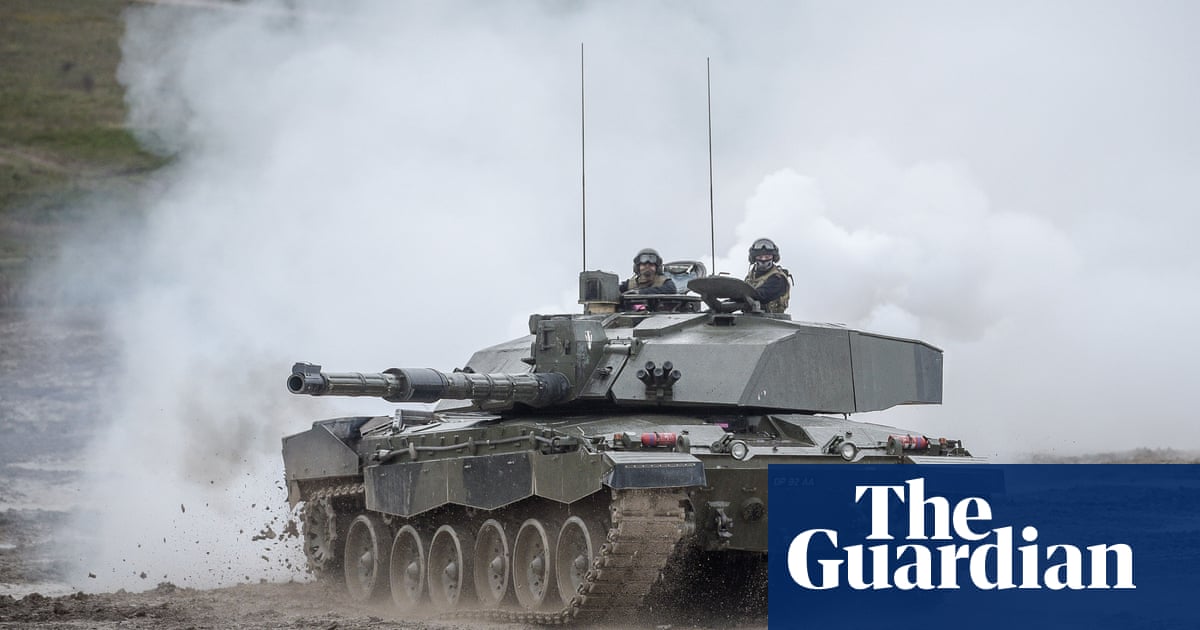- cross-posted to:
- globalnews
- cross-posted to:
- globalnews
cross-posted from: https://lemmy.zip/post/2358675
Archived version: https://archive.ph/XEFSj
Archived version: https://web.archive.org/web/20230905152812/https://www.theguardian.com/world/2023/sep/05/british-challenger-2-tank-destroyed-in-combat-for-first-time-ukraine-footage-shows
No Challenger 2 has been lost in combat since it was first deployed in 1994, although one was destroyed in a friendly fire incident in Iraq in 2003. The record is partly because of the relatively small numbers built and their infrequent deployment.
The quote you’ve picked out from the article seems key; small sample, unreliable statistics.
I am not a military person; I do not know the lingo. All I can say is that the footage I have seen coming out of the Ukraine suggests that these days the soldier on the ground or in a light vehicle can have a huge impact on the battlefield. They seem to have very capable and very mobile weapons that will knock out tanks and aircraft; they also seem to have remotely operated weapons and drones. What is happening over there doesn’t seem to be the asymmetric warfare that would have been seen in, say, Iraq.
The impression I get is that the fictional “Modern Warfare” battlefield is here today.
How well tested and adapted is this rarely seen rarely used British tank?
How much have anti-tank weapons evolved since the last design and upgrade?
How was that tank actually damaged anyway?
I’ve no idea. But I am curious.
I can’t give you any specific answers, beyond the fact that all 4 tank crew members survived.
So, I’d say it worked perfectly. Ultimately, that’s what it’s designed to doYes — there’s no such thing as an armoured vehicle that can’t be knocked out, but there is such thing as one that can be knocked out without its crew burning alive.
That was my takeaway from it.
We’ve rarely been involved in wars where a main battle tank would be key - probably the Gulf War but we hardly met any opposition there. They are designed for the kind of situations you encounter in world wars (a similarly equipped strong dug-in opponent) and the invasion of Ukraine is the first time they’ve been deployed on a, if you’ll excuse the pun, challenging battlefield.
I can see how they’d be useful in pushing through the layers of fortifications the Russians have thrown up in the south but they are also much more vulnerable. If a drone can call in a missile on your position then a main battle tank has to be carefully deployed with a lot of support and countermeasures or it’s a sitting duck. Just bunging the Ukrainians a few Challenger tanks might not be enough.




